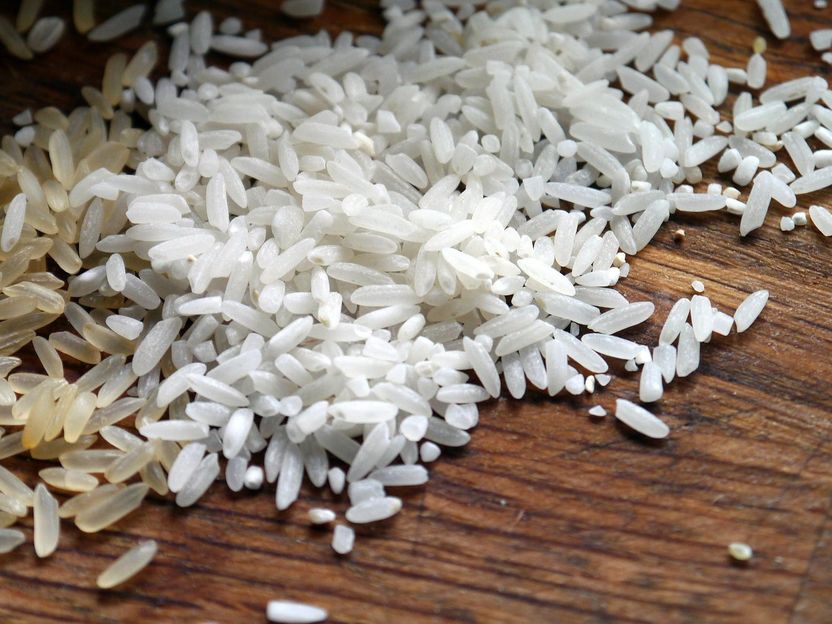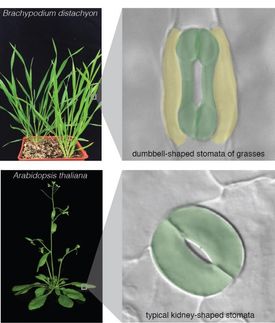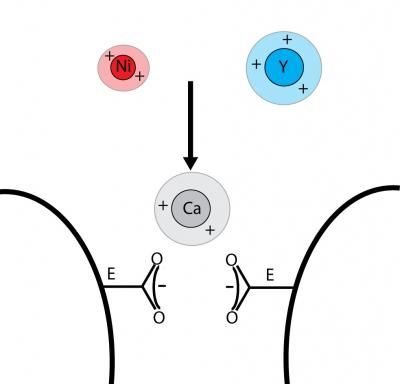Identified: Genes that can boost maize and rice yields
Advertisement
Researchers comparing domestication pathways between maize and rice – two of the world’s most economically important crops – identified a gene involved in kernel row number in maize, manipulation of which resulted in an increase in maize yield. Manipulating a related gene in rice gave that staple crop a yield boost, too, the study found.

Symbolic image
ImageParty from Pixabay
Exploring the role of these genes across cereal crops like wheat could provide opportunities for developing new global food crops with enhanced production, the study’s authors say. Maize (corn) and rice were domesticated nearly 100,000 years ago. Although each species was domesticated largely independently, a host of agriculturally desirable traits, including ease of cultivation, high grain yield and nutrient richness, appear to be shared between them. While these traits appear to have undergone convergent selection in distinct cereal lineages, its unknown if they were driven by conserved genes. If so, targeting these genes in breeding programs could provide a way to develop improved cereal varieties.
To evaluate this, Wenkang Chen and colleagues probed the genomes of maize and its evolutionary ancestor, teosinte, for evolutionary signals of selection and identified a quantitative trait locus (QTL) associated with an increased number of kernels. Through fine mapping of this genomic region, Chen et al. located a candidate gene, KRN2, which has a homolog in rice (OsKRN2). The authors determined that both genes were associated with WD40 proteins, which negatively regulate grain number in both crops. Through gene editing experiments and controlled field trials in both crops, Chen et al. demonstrate that knocking out the gene led to increased grain yield by 10% and 8% in maize and rice, respectively, without any apparent negative impacts on other agronomic traits. According to the findings, this gene and other convergent selection-driven genetic elements, provide attractive targets for the development of new crops.




























































